Keywords: Russia
There are more than 200 results, only the first 200 are displayed here.
-
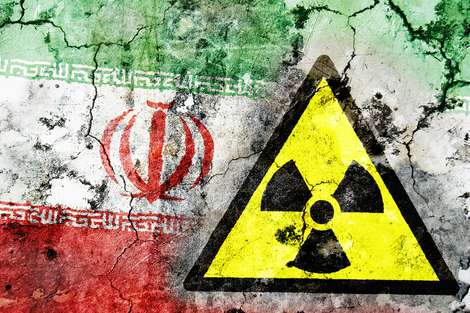
INTERNATIONAL
- Shahram Akbarzadeh
- 24 July 2015
2 Comments
Iran’s nuclear deal with the UN represents a major breakthrough that could lead to more peace and stability in the region, despite what the critics say. Its policy towards Islamic State is actually much closer to that of the US and the UK than any other country in the region. Convergence of interest against this common enemy could open other doors of dialogue with the West and start a relationship that is no longer hostage to the nuclear issue.
READ MORE 
-
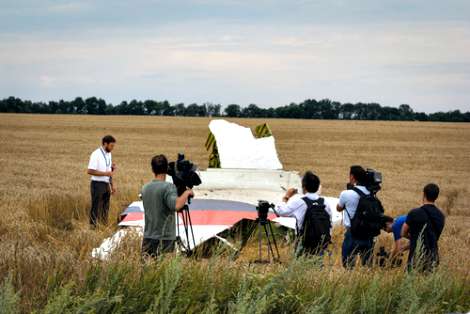
AUSTRALIA
A Russian investigative committee continues to claim that MH17 was most likely to have been downed by an air-to-air missile that was not Russian-made. For their part, Western commentators became increasingly impatient and scornful of Russian ‘conspiracy theories’ on who downed MH17. Whether the identity of who actually shot down MH17 becomes known in the fullness of time could depend upon the extent to which our political leaders can resist using MH17 to prosecute their Cold War enmities.
READ MORE 
-
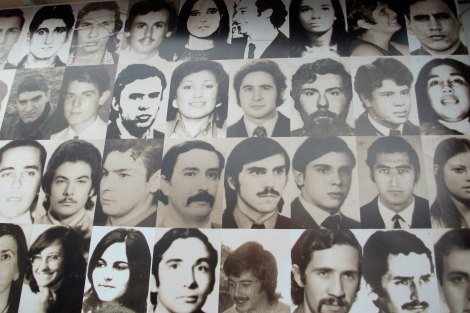
AUSTRALIA
- Andrew Hamilton
- 06 July 2015
32 Comments
On July 1 the Australian Border Force Act 2015 became law. Detention centre staff are now forbidden to speak about human rights abuses, with a two year jail penalty applying. It is perhaps appropriate to recall the secrecy of the security apparatus of Stalinist Russia, Apartheid South Africa, and Chile and Argentina under the Generals, where victims were denigrated and information prevented from leaking out.
READ MORE 
-
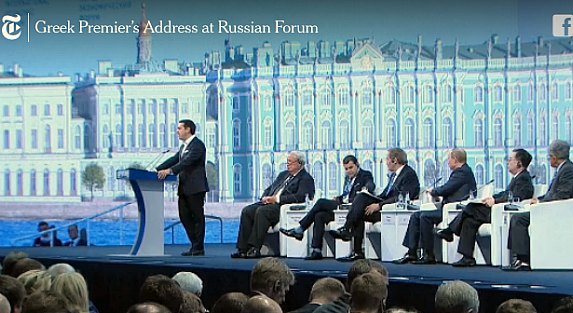
ARTS AND CULTURE
- Gillian Bouras
- 23 June 2015
6 Comments
My youngest son, who lives in central Athens, is on the phone. ‘What do you think I should do with my money?’ he asks. The New York Times likens Europe and Greece to two prize-fighters, but I suspect that this is a male take on the matter. The women on the scene, Chancellor Angela Merkel and IMF chief Christine Lagarde, are more or less playing the part of the firm mother to naughty, quarrelling boys.
READ MORE 
-
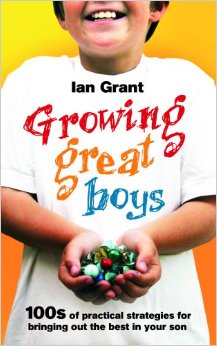
AUSTRALIA
Not only are we working mothers providing a leg up for our daughters, helping shape a new, improved, domestic male, and paving the way for stronger, adaptable, more spiritually-attuned human beings, but perhaps we're also part of a new thinking that's redefining and reassessing what success will look like in the future. Having a mother who not only goes to work, but works from home, I hope my sons grow into men who will have insightful and supportive relationships with the women in their lives.
READ MORE 
-
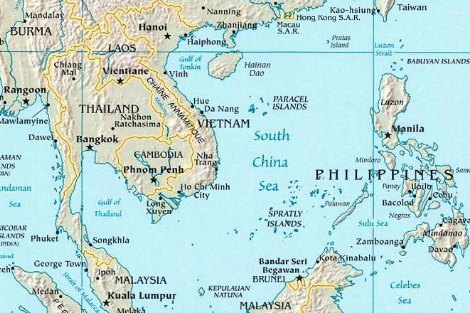
INTERNATIONAL
- Fatima Measham
- 10 June 2015
9 Comments
The trajectory of the conflict over territory in the South China Sea does not look good. There is no reason to believe that the United States would relinquish its position as an Asia-Pacific security power. There is also no reason to believe that China would slow or halt its island-building and militarisation of the South China Sea. Against this ponderous milieu, it is a pity that Australia has again been exposed as a lightweight.
READ MORE 
-
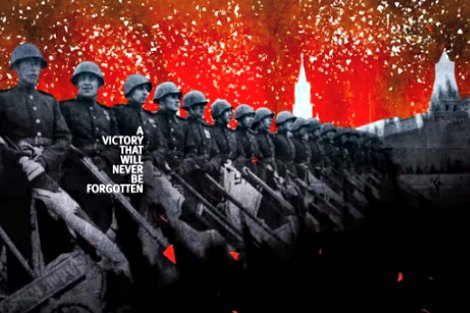
AUSTRALIA
On Saturday, a Victory Parade will commemorate the 70th anniversary of the final defeat of Fascist Germany. It is a fitting tribute to the heroism of the Russian people for their huge sacrifices and sufferings in a common cause with the west. Many leaders including US President George W. Bush attended the 60th, but a specious rationale is dictating a boycott this time around.
READ MORE 
-

ECONOMICS
- David James
- 28 April 2015
2 Comments
The conflict in the Ukraine has attracted a great deal of attention for its geo-strategic implications. Less noticed have been the economic implications. The sanctions placed on Russia have forced Russia to become even closer to China, and the alliance between a military superpower and an economic superpower is beginning to split the global economy in two. It may come to represent the biggest geo-economic and geo-political shift of the first half of this century, defining much of the future landscape.
READ MORE 
-
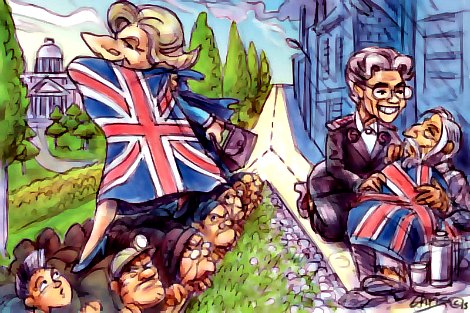
INTERNATIONAL
- Barry Gittins
- 01 April 2015
15 Comments
Former Australian Salvation Army world leader General Eva Burrows, who died on 20 March, tried in vain to engage the former British PM in making the preferential option for the poor. ‘Margaret Thatcher was a disappointment,’ the General said. ‘I felt she didn’t have a deep, true feeling for the poor. I invited her to come out on the soup run indirectly and said it wouldn’t be a media event, we’d go incognito, but the answer was no.’
READ MORE 
-
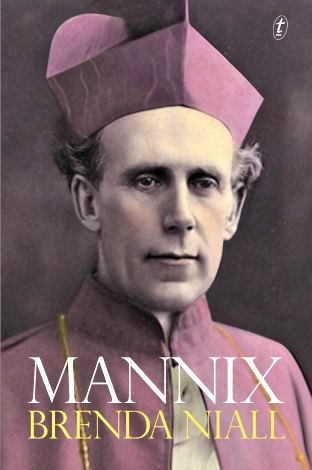
AUSTRALIA
- Andrew Hamilton
- 26 March 2015
15 Comments
Daniel Mannix, who was Catholic Archbishop of Melbourne 1917-63, knew how to control an audience and shift the perception of events. He argued fiercely against conscription in the 1917 Referendum, and railed against the exploitation of struggling workers. On finishing his new biography, I imagined a meeting between him and Pope Francis, both masters of public symbols with a disdain for church clericalism and sanctimonious speech.
READ MORE 
-

AUSTRALIA
- Sue Wareham
- 12 March 2015
9 Comments
Competing for attention with the Gallipoli landing centenary is this year’s 70th anniversary of the atomic bombings of Hiroshima and Nagasaki. New evidence suggests that even a nuclear war involving a very small fraction of the world’s arsenals would result in the atmospheric accumulation of so much particulate matter from burning cities that there would be reduced sunlight, agricultural decline and famine affecting possibly two billion people.
READ MORE 
-
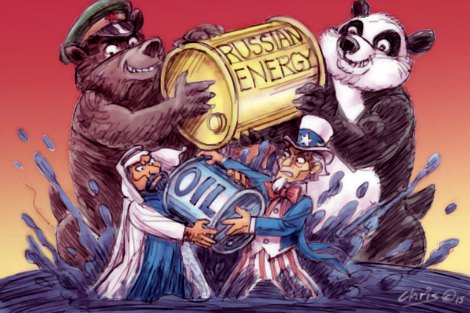
ECONOMICS
- David James
- 16 February 2015
3 Comments
Sanctions against Russia have pushed Russia and China much closer together. Russia is set to provide two fifths of China’s gas needs after the completion of two massive pipelines. This will easily replace what they have lost in supplying Europe and deliver what the Chinese most crave: security of supply. Meanwhile, Russia has cut off 60 per cent of its supplies of gas into Europe, re-routing it to Turkey, and saying that Europe will have to build its own infrastructure to transport it to the Continent.
READ MORE 